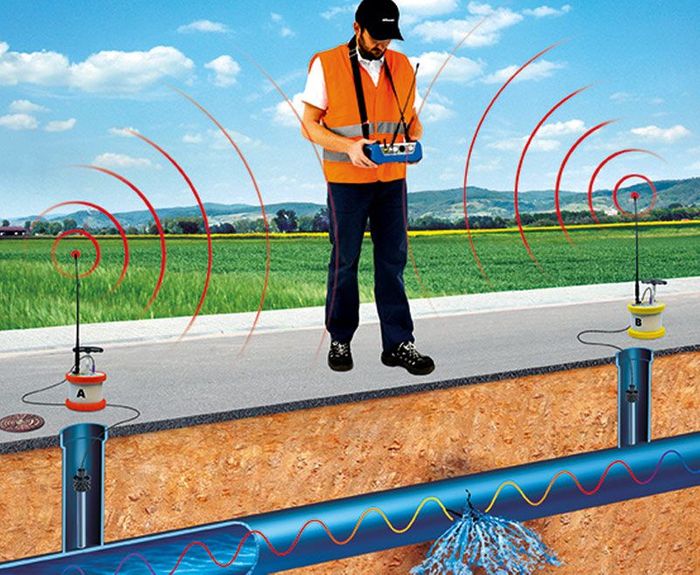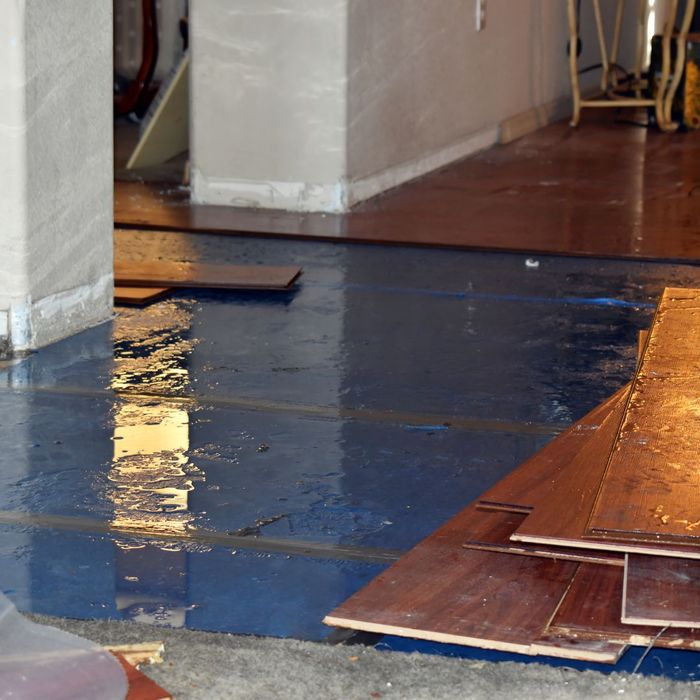Preventing a slab leak is much easier and less expensive than dealing with the aftermath of one. Here are some tips to help prevent slab leaks in your home.
Regular Plumbing Maintenance
One of the best ways to prevent slab leaks is to have regular plumbing maintenance. A professional plumber can inspect your pipes for any signs of wear and tear and make necessary repairs before a leak occurs. They can also check for any potential issues, such as tree roots growing into pipes or shifting soil, and address them before they become a problem.
Monitor Water Pressure
High water pressure can put unnecessary strain on your pipes, leading to leaks. It's important to monitor your water pressure and make sure it stays within a safe range. If you notice your water pressure is consistently high, consider installing a pressure regulator to protect your pipes.
Avoid Chemical Drain Cleaners
Chemical drain cleaners can be harsh on your pipes and cause corrosion, leading to leaks. Instead, opt for natural alternatives or call a professional plumber to clear any clogs.
Be Mindful of What Goes Down the Drain
Certain items, such as grease, coffee grounds, and eggshells, can clog your pipes and cause damage. Be mindful of what goes down your drains and avoid flushing anything other than toilet paper and human waste down the toilet.
Insulate Pipes
In colder climates, pipes can freeze and burst, causing leaks. Make sure to insulate any exposed pipes to prevent this from happening.
By scheduling service with our Spot On plumbers in Tulsa, we can perform necessary slab leak detection and fix any sort of water leak issue.




